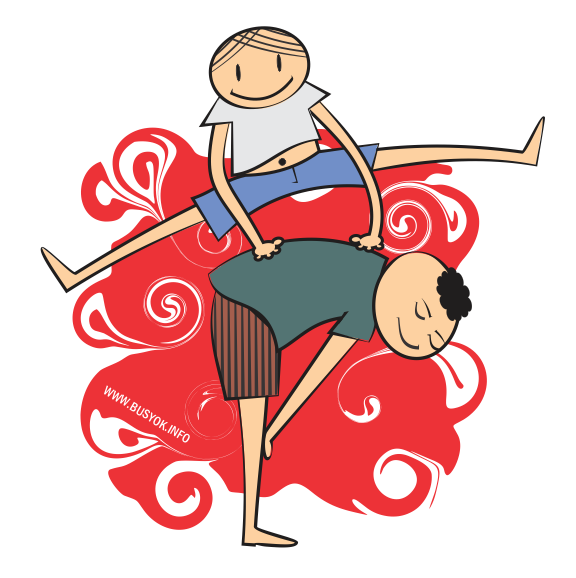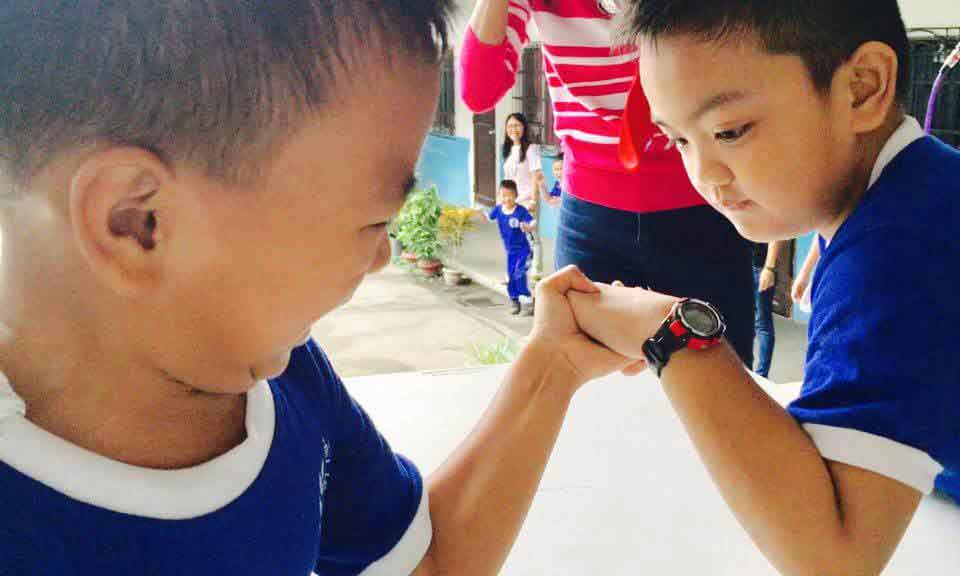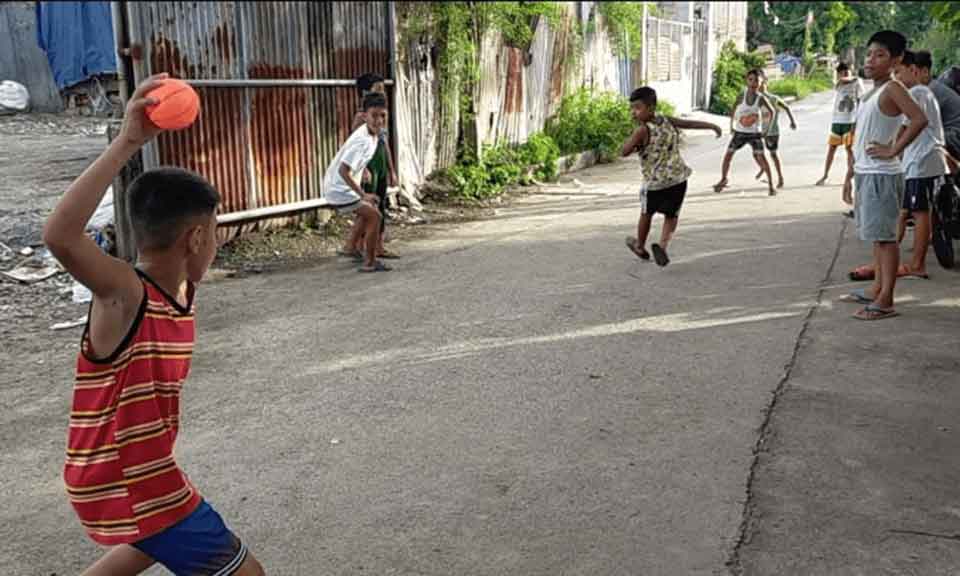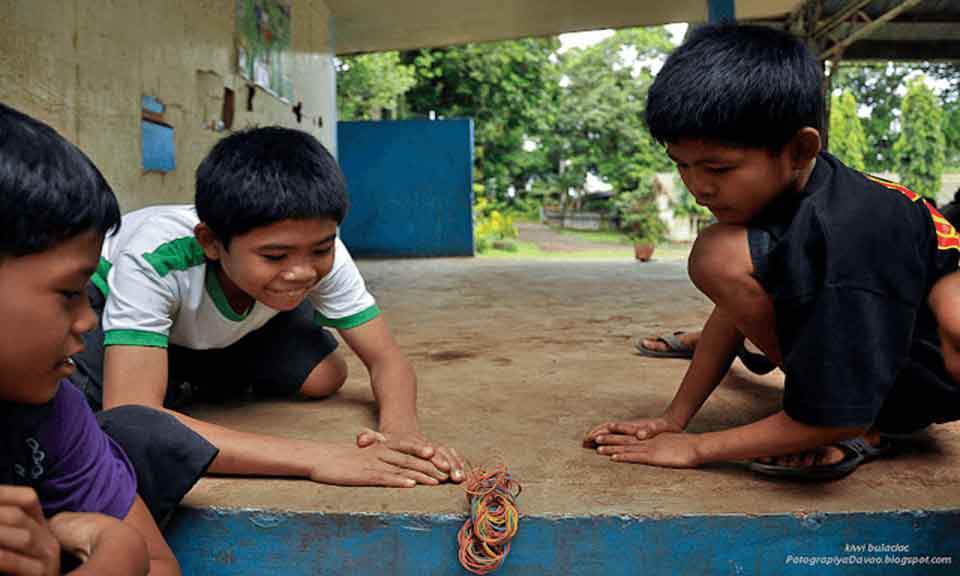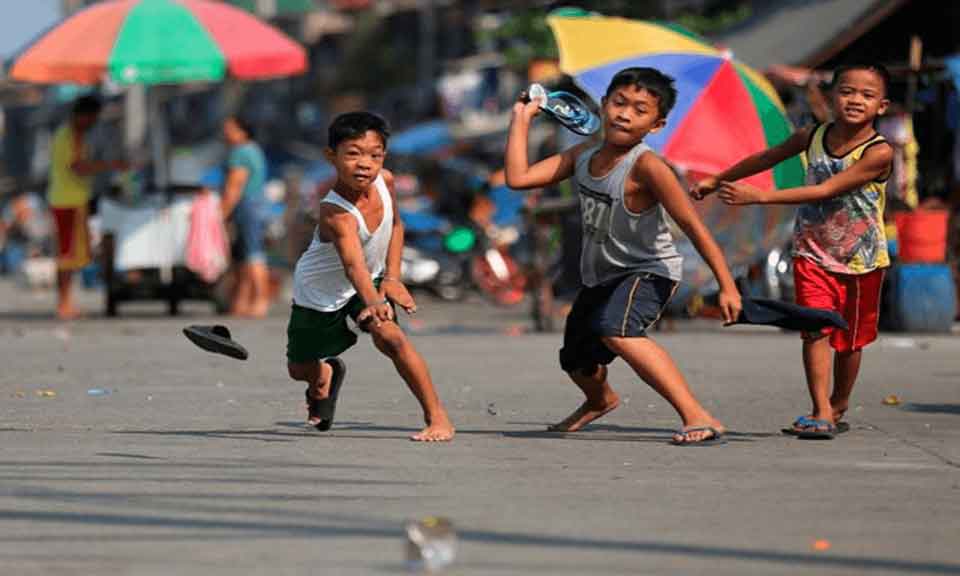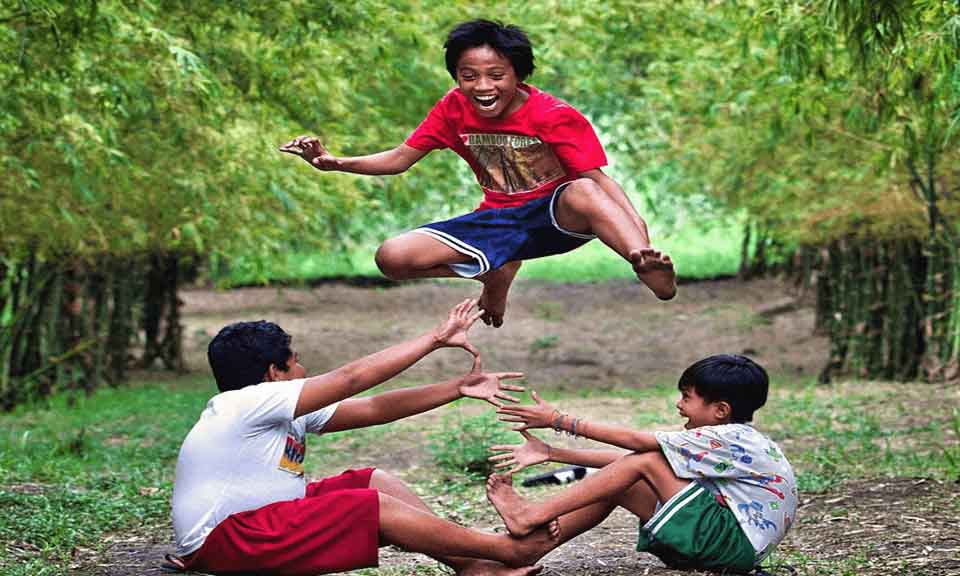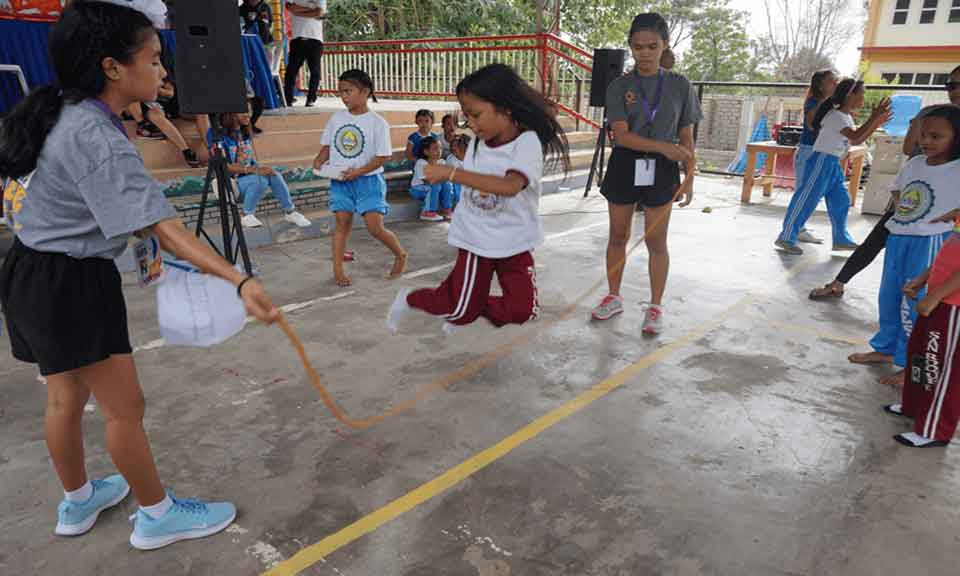What is...
Laro ng Lahi?
Many of you may ask, “What is Laro ng Lahi” or “Larong Lahi” as some
of you may pronounce it.
Laro ng Lahi, or in English, Games your kind are the games that were
developed or created by our fellow Filipinos. They are significant
treasures of our past. Our ancestors formulated them, who passed
them down to their sons and then to their grandsons, eventually
passing them down to us.
Larong Lahi is not specific. Rather, it is a catch-all term for many
individual games and sporting events. Some are relatively simple,
requiring little to no equipment, and can be played with a few or
even just one player, while others require lots of players,
preparation, and even equipment.
It's a local heritage that even now continues to be popular and
fun among all groups of people regardless of income, status, race,
or location. Ranging from relatively young kids living in remote
barrios to affluent teenagers living in private subdivisions, Larong
Lahi has definitely made its way into our cultural zeitgeist and has
influenced many people.
